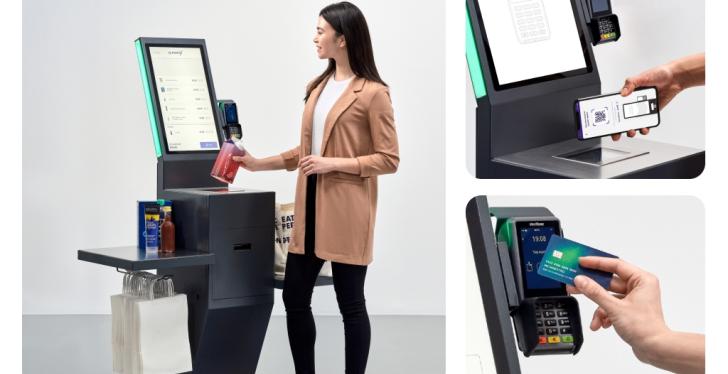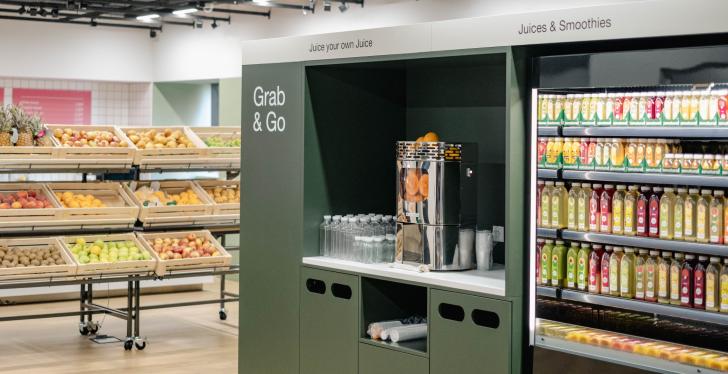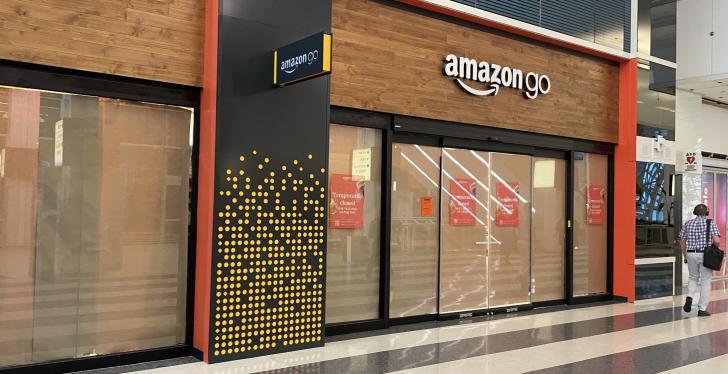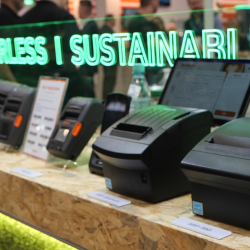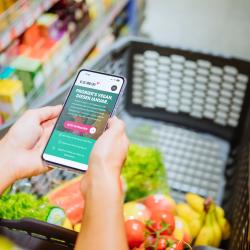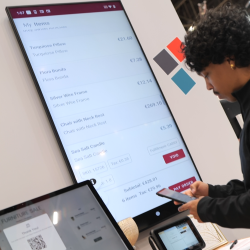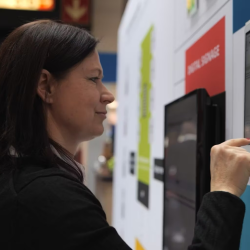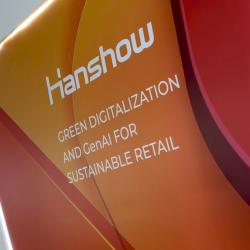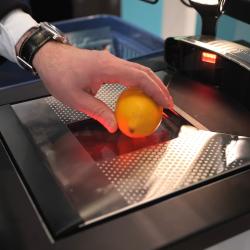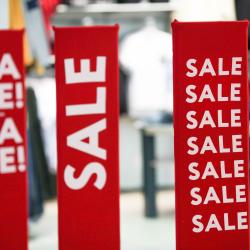Automation: Is this the future of shopping?
On the shortcomings and advantages of autonomous store concepts
Grocery shopping and self-service – the Blockstore Group combines the necessary with the pleasant and helps retailers implement autonomous and automated store concepts. In particular, the Finnish start-up helps to install a suitable infrastructure in smart grocery stores that automates processes and enables customers to shop in a self-determined manner. CEO Juha Maijala explains where he sees clear advantages, but also clear deficits of such stores (still) and which model could prevail for him.
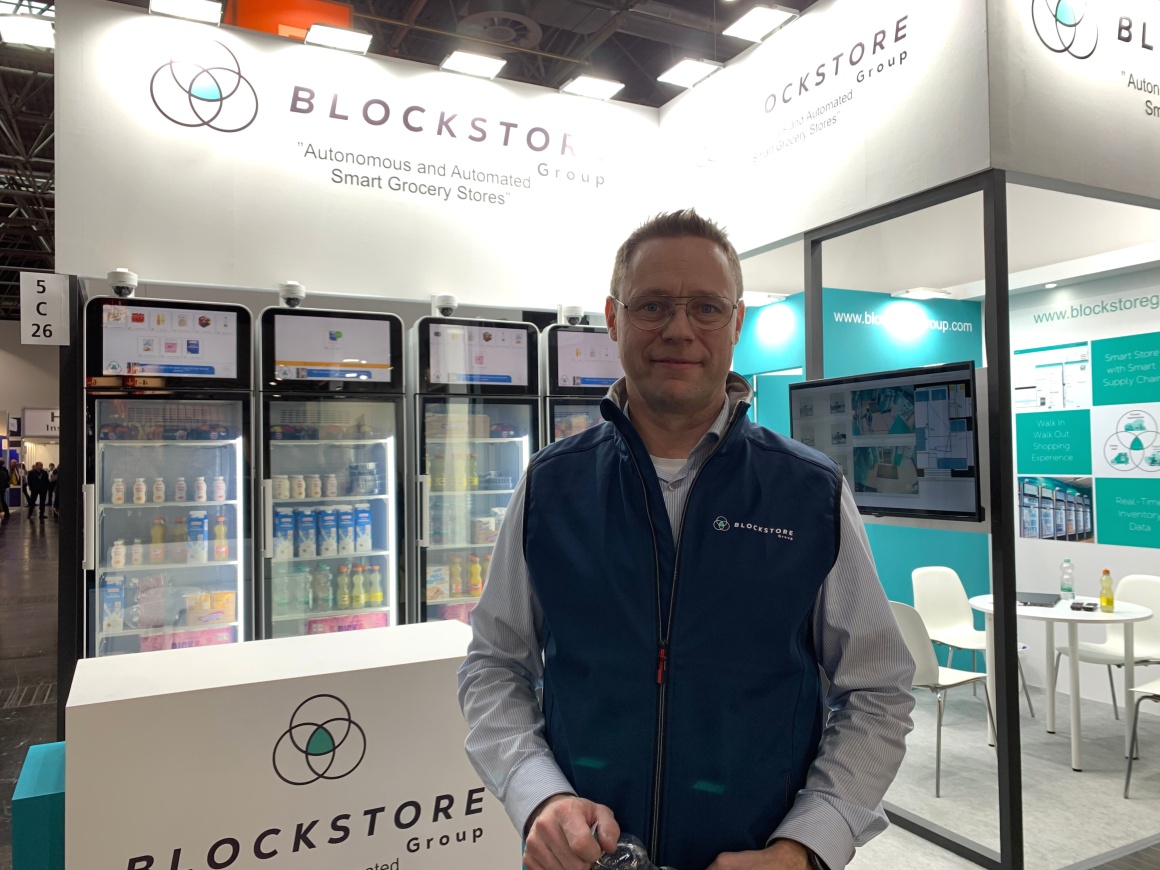
Juha, automated stores and self-service are becoming increasingly popular, especially in the grocery sector. What do you think is the reason for that?
There are a few reasons that play a role here, I think: It's becoming increasingly difficult for many bricks-and-mortar small stores to survive alongside large hypermarkets and growing online retail. There is a slow lack of niche here where such stores could fit. Automated stores could be those. We believe this can be a (future) model of shopping.
And how exactly do you support retailers when they want to open an autonomous store?
We provide a turnkey software solution, but we don't want to build on top of the existing store structure. As I said, traditional supermarkets are struggling. Something has to change, which is why we're linking online – in this case, a click-and-collect – with in-store services, as well as different delivery methods, to help further develop autonomous or automated stores.
My dream vision would be this: Automate the approximately 80,000 to 100,000 local supermarkets in Europe that should be renewed, fill them with about 2,000 to 3,000 items and thus offer people the opportunity to buy local food easily, quickly and conveniently.
What should retailers look for before they start to implement such concepts?
The profitability of the business upfront is a very important issue. You should be able to afford to implement new technology, because building on what you already have – as I said – doesn't make sense in my opinion. That's why we offer retailers the opportunity to look at the profitability of their store together with them and calculate what it would look like after a retrofit. This is the basis for the conversion.
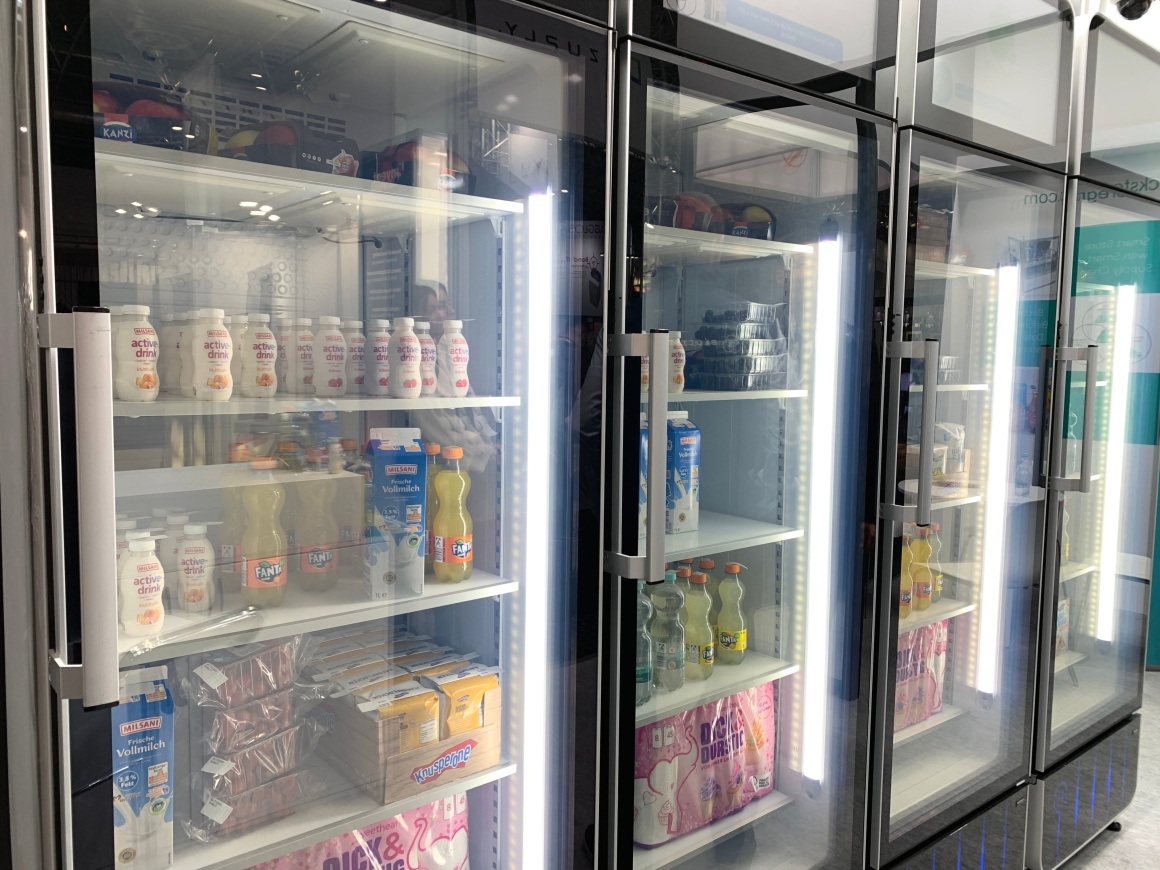
Autonomous stores are considered a win when it comes to a smooth customer journey. Do you still see shortcomings in the concept?
Customers today are used to being able to choose from a wide variety of goods – both offline, but above all online. Autonomous or automated stores can't offer too much choice, if only because of their size. That can certainly be seen as a shortcoming.
Another can be what actually makes the concepts so advantageous – the use of technology. We've seen a few bespoke apps that were unnecessarily cumbersome to implement and not really intuitive for the clientele. Especially apps that require extra installation and registration are not welcome. For this type of stores, the following must apply: easily accessible, easy to use, reliably available and cost-efficient.
Do you think this type of shopping, despite its shortcomings, will replace conventional grocery stores in the future?
I don't think completely, no. Each of us will continue to enjoy going to our "store around the corner". Getting advice, buying regional products, having a chat – it's all about the experience. That will remain.
However, if you look at the time-saving aspect, I think the concept will prevail. In a stressful, busy everyday life, many people are happy to buy what they need quickly and easily, not to have to stand in line and, thanks to technological progress, to be able to plan ahead without having to spend a lot of time. You can relax while you're getting things done. Basically, I believe that hybrid models and hypermarkets, where you can get groceries, clothing and electronics, as well as other leisure activities, will be an important part of the shopping future.

